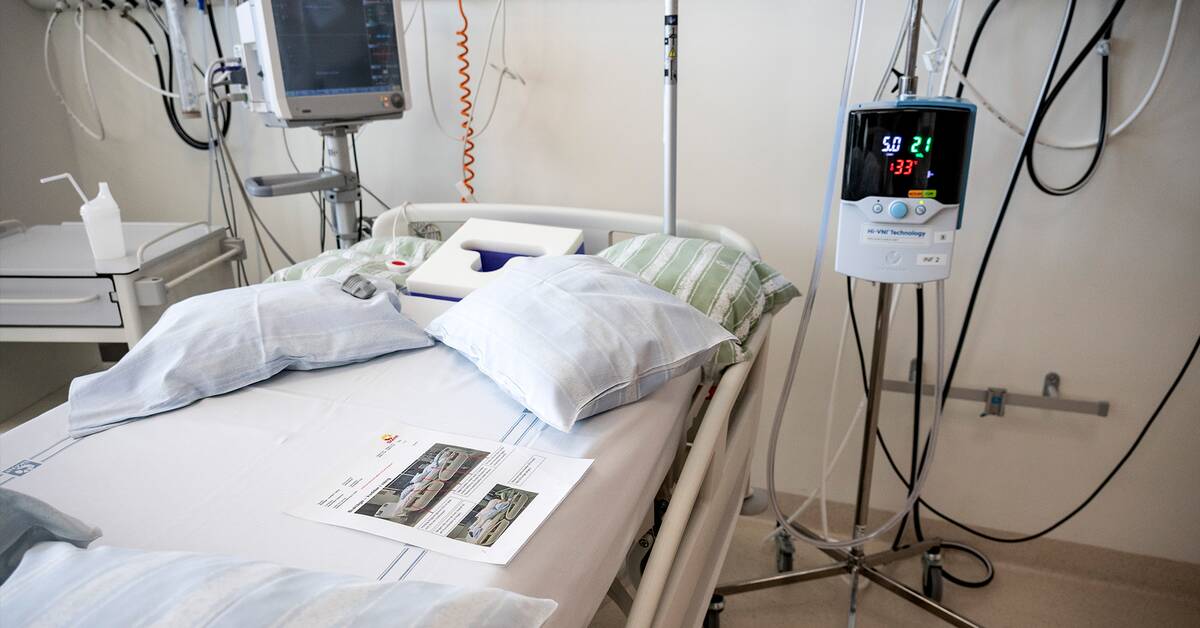"Healthcare is strained and budgeted beds cannot always be kept open as we lack enough staff," says Rachel de Basso, chair of the Swedish Association of Local Authorities and Regions' healthcare delegation in a press release, and adds:
"All regions are aware of this and are working to increase access to care places and strengthen the working environment for staff, a government agency does not need to tell us."
For the first time, the National Board of Health and Welfare has mapped the need for the number of hospital beds, on behalf of the previous government. In inpatient care, an additional 2,300 beds are needed in a year's time, and in intensive care, 60 more are needed, according to the National Board of Health and Welfare.
Greatly reduced
In recent years, the number of beds in hospitals has decreased sharply, according to the survey. Intensive care beds have decreased from just over 520 before the pandemic to just over 460.
The Health and Social Care Inspectorate (Ivo) has also found major shortcomings in patient safety in many hospitals, due to lack of space.
Minister: "Alarming"
Health Minister Acko Ankarberg Johansson (KD) calls the shortage of hospital beds alarming.
Unlike SALAR, she believes that the report, calculations and national benchmarks for the number of hospital beds are absolutely necessary. About SKR's reaction, she says:
Initially, you can react with your spinal cord, that it is not good for someone else to tell me. But it is necessary that we see Sweden as a whole and think "where are we now and where are we going".
Acko Ankarberg says that she hopes that the deficiency can be rectified as soon as possible. But the key is to get doctors, nurses and assistant nurses to stay in work and to make the work environment and conditions in healthcare such that more people can work full-time again.
Hear the director of health and medical care in Kalmar – the only region without a shortage of beds – in the clip.

